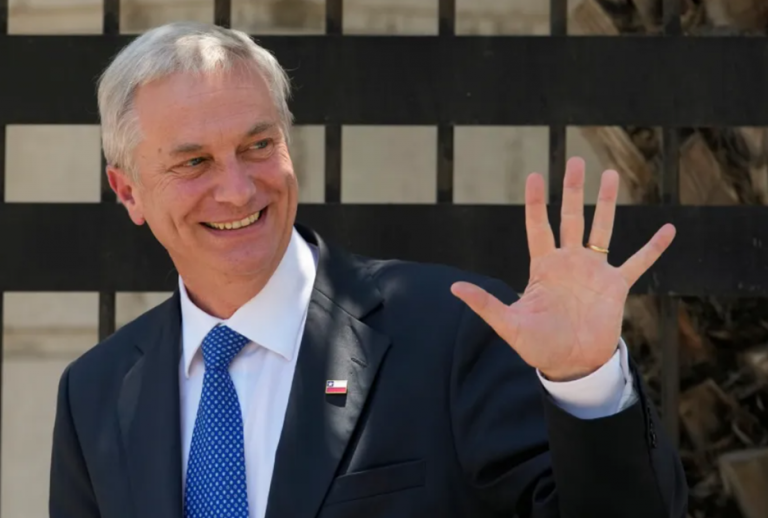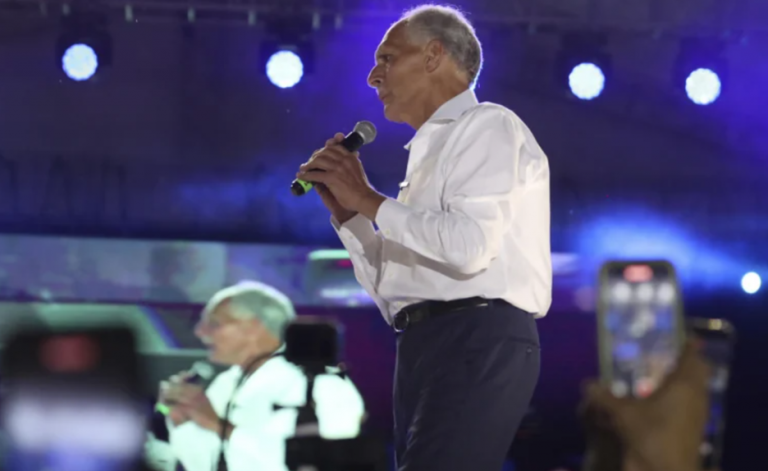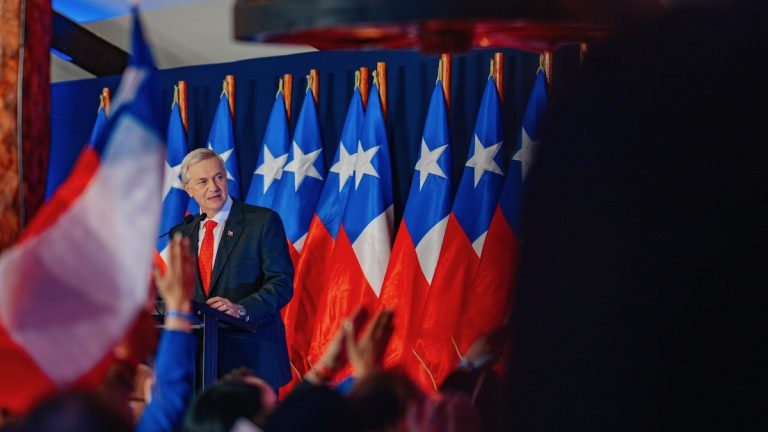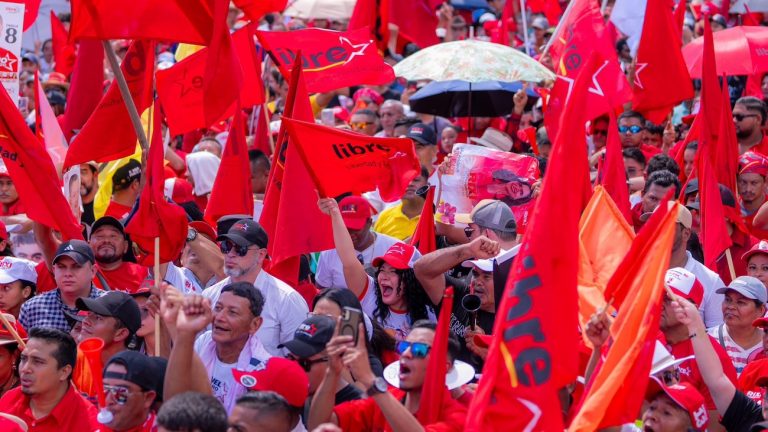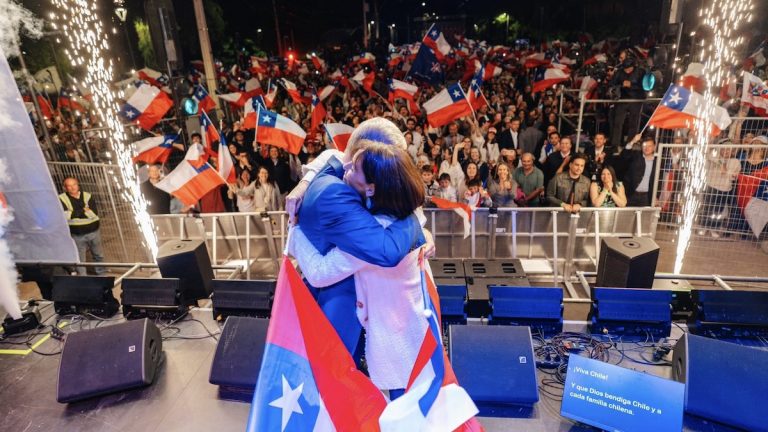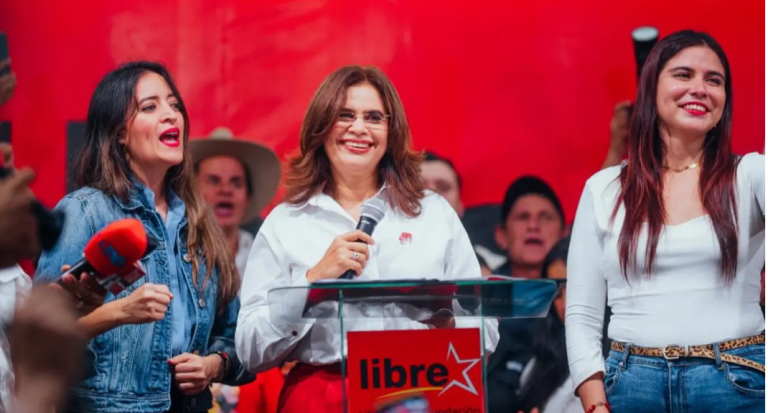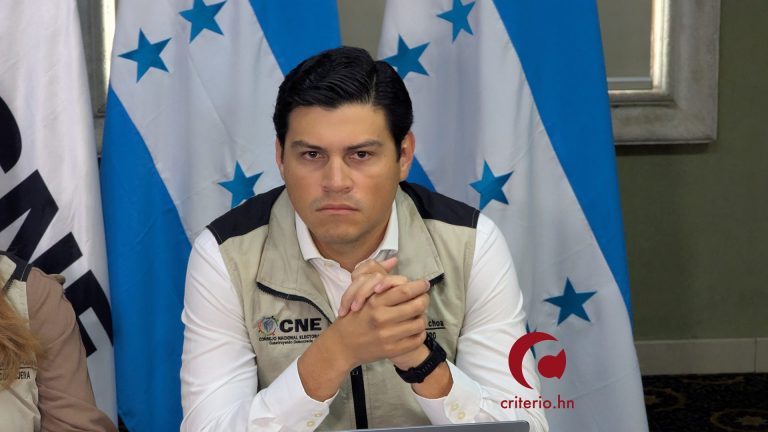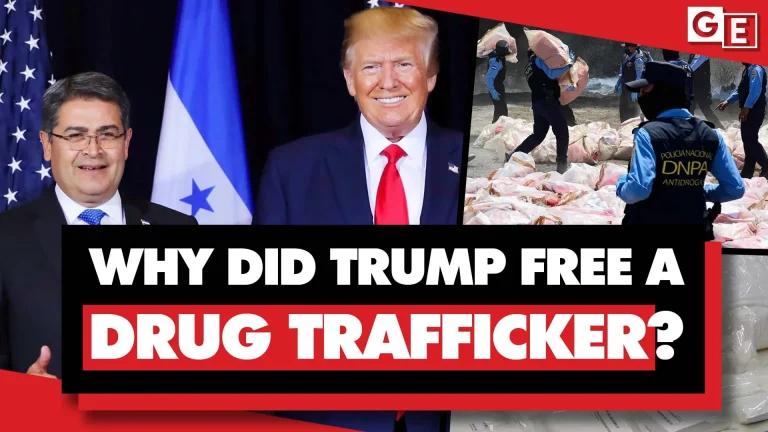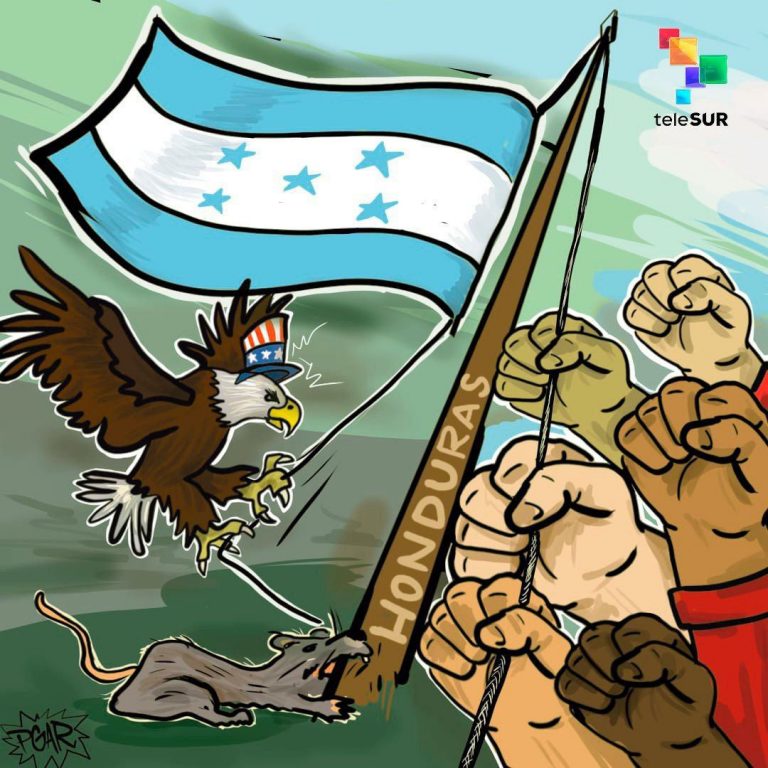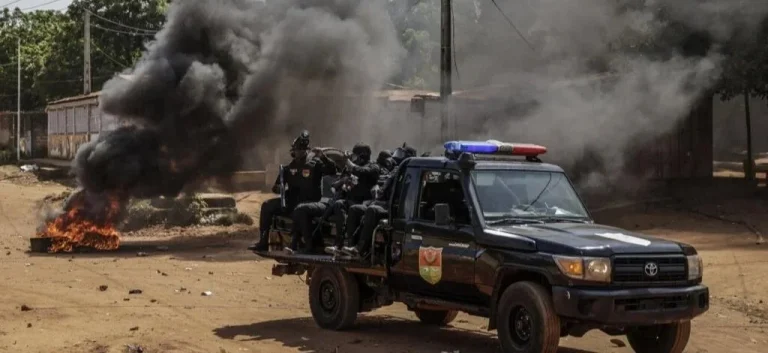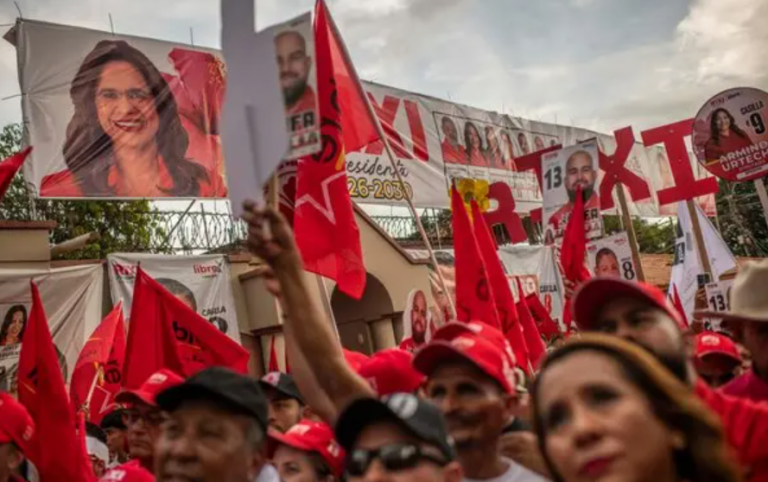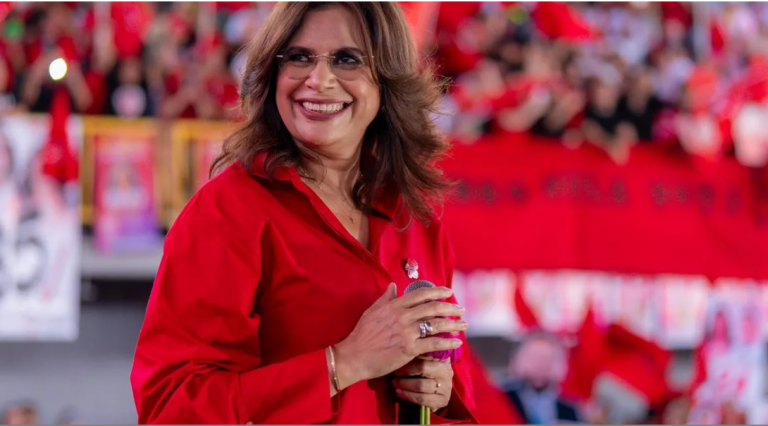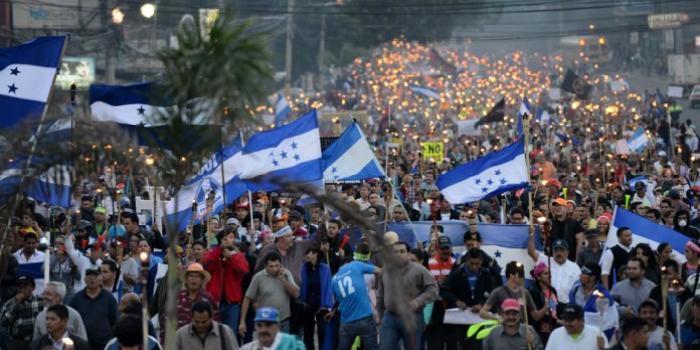Chile’s Failure To Bury Neoliberalism Led To Pinochetista President
Stunning, though expected, on December 14, a majority of Chileans (58 per cent to 41 per cent) elected far-right Republican Party candidate Jose Antonio Kast as president for the 2026-30 term, defeating the Communist candidate Jeannette Jara in the second round.
A strong admirer of the Pinochet dictatorship, Kast is also an open supporter of Argentina’s Javier Milei and Donald Trump, and maintains close links to the Trump-affiliated Heritage Foundation. His victory presents a significant opportunity for US imperialism.

